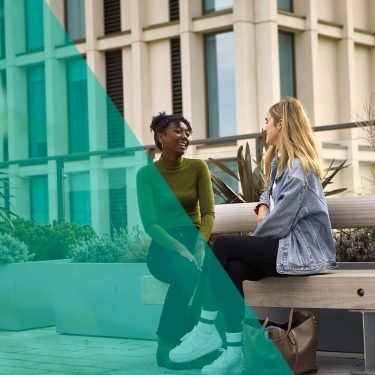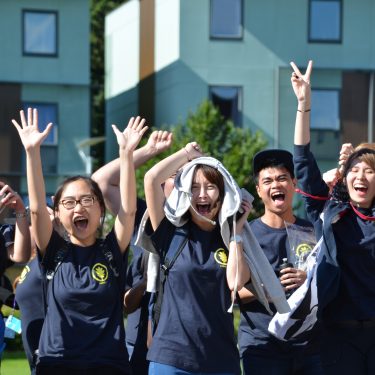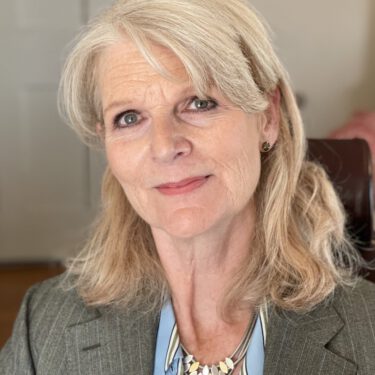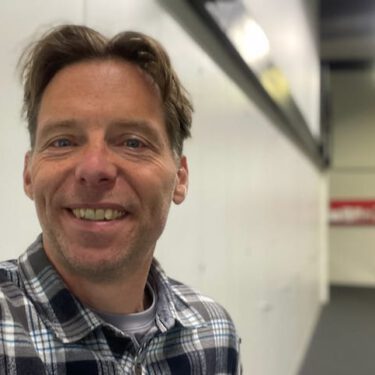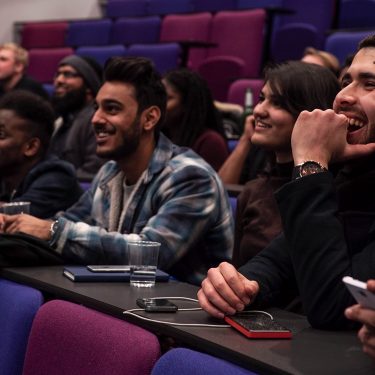Hattie Tollerson, outgoing SU President at London South Bank University, and Ben Vulliamy, Chief Executive of University of York Students’ Union, reflect on the evidence they shared with the Student Futures Commission as part of our Student Experience oral evidence session
After sharing evidence with the UPP Student Futures Commission, we looked back to see if we had managed to use the opportunity to promote both the stories our students had told us and the priorities our communities suggested were important.
In a previous event for the Commission, students’ unions from around the UK shared feedback from focus groups they had run at their institutions. The students they met had been pleased to share their stories, experiences and insecurities, and had welcomed the feeling of being actively listened to. We were both struck by that sentiment and wanted to ensure our contributions were accurate representations of the stories and opinions we had heard.
We’ve heard from students that they want institutions to engage them more purposefully in decision making. Possibly as a result of the highly reactive decision making required to navigate the pandemic, decision makers had made lots of judgements about students and for students but had not consistently invested time in listening. Outside of the pulse surveys and the herculean effort of a handful of elected sabbatical officers, student engagement had perhaps been a little superficial at times. Judgements had been based on our own expectations and experiences, without enough input from the students who were experiencing things a little differently.
Improving the quality of student engagement could reduce the intensity of institutional decision making, helping build a more strategic focus for sustained recovery.
Many institutions made huge efforts to close the digital divide between students and offered money towards laptops and digital resources. But were our judgements on who did and didn’t need a device right? Were we ostracising people from help who might not appear to need it, but have other factors in their lives that mean they need support despite not meeting the requirements that we’d set? Did we miss the student parent who does have access to a laptop, but only once their children have to complete school work on it or after their partner has used it for work? Every year the student population gets more diverse, and despite everyone’s best efforts, we have to admit that we can’t always understand what all of our students are going through. Better tools for student engagement are vital for managing this diversity.
So much more than just students
Debriefing after the session, we both reflected that some of the key takeaways were about the challenges of being able to share and communicate what students really need. Beyond the noise of a loud majority of people who might look like us, or who have the weight of a critical mass behind them, it’s the unheard voices that we have a responsibility to amplify. Students are neither a homogeneous group nor do they always identify as students – at the very least, they don’t identify solely as students. Our students are parents or carers, employees and volunteers, and they are individuals from a range of diverse backgrounds. If we can better understand independent identities we will cater for a plurality of needs as opposed to a cliched stereotype of what a student looks like and what they need to succeed.
Finally, we reflected that decision making and planning has not been, before or during the last year and a half, joined up. Students want their academic and wider student experience to be much better integrated. They want to be able to learn academically and also to experience broader personal development. They want to be able to feel part of the campus and part of a wider community. We need to better explore students’ complete experience through their own eyes, rather than siloed planning and processes within an academic department, a students’ union, or a professional services team. We heard that many students were concerned during the pandemic that while classrooms were at reduced capacity, the halls of residence, the refectory, and the bar seemed to work on a different calculation. It frustrates them when events clash with each other. They want their clubs, societies, and volunteering to integrate with their academic experience, and they want institutions that support them in building a CV that depicts them in a cohesive and coherent fashion rather than as a disparate range of chaotic activities on a page. We believe integration will help students to articulate their partnership with the University and the community they live in better.
While institutions have struggled to connect with students, students have become more politically engaged in their institutions and in wider societal issues than ever before, especially over the course of the last year. There is certainly an appetite for activism within our student communities, but how can we support and steer this towards creating a truly student-led experience through new programmes and involvement in our Universities and students’ unions? Thinking beyond campus boundaries, can we harness this energy to think about campaign objectives such as better housing for all, or accessible public transport not just for students but for the unemployed person to get to their interview, the elderly person to pick up their medication and the independent business to get shoppers to its door? If students feel like they own and lead the agenda, they feel not only an integrated part of the community, but that their place of study truly appreciates their input into how it works and how it is run. Community is powerful, and this can be a magical experience if we get it right.
We both recognise that Students’ Unions have a vital role to play in helping to create a university students can be proud of. This is reflected in SU manifestos and strategies up and down the country. We hope that the Commission can help shine a light on some of these issues as they’re developed in the months and years to come.
To read more about the session, and find the transcripts and recording, please click here
This piece is part of the ongoing series of blogs and case studies that we will be publishing over the next few months. It represents the views of the author, and is part of the broad conversation the Student Futures Commission is facilitating.
